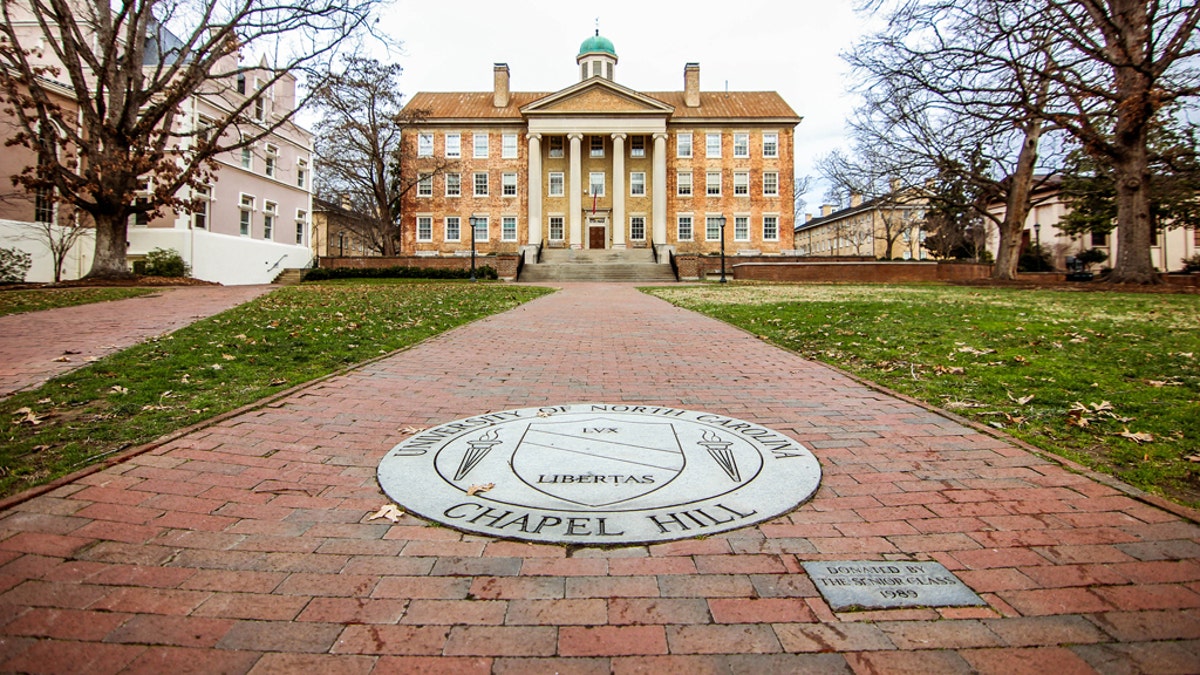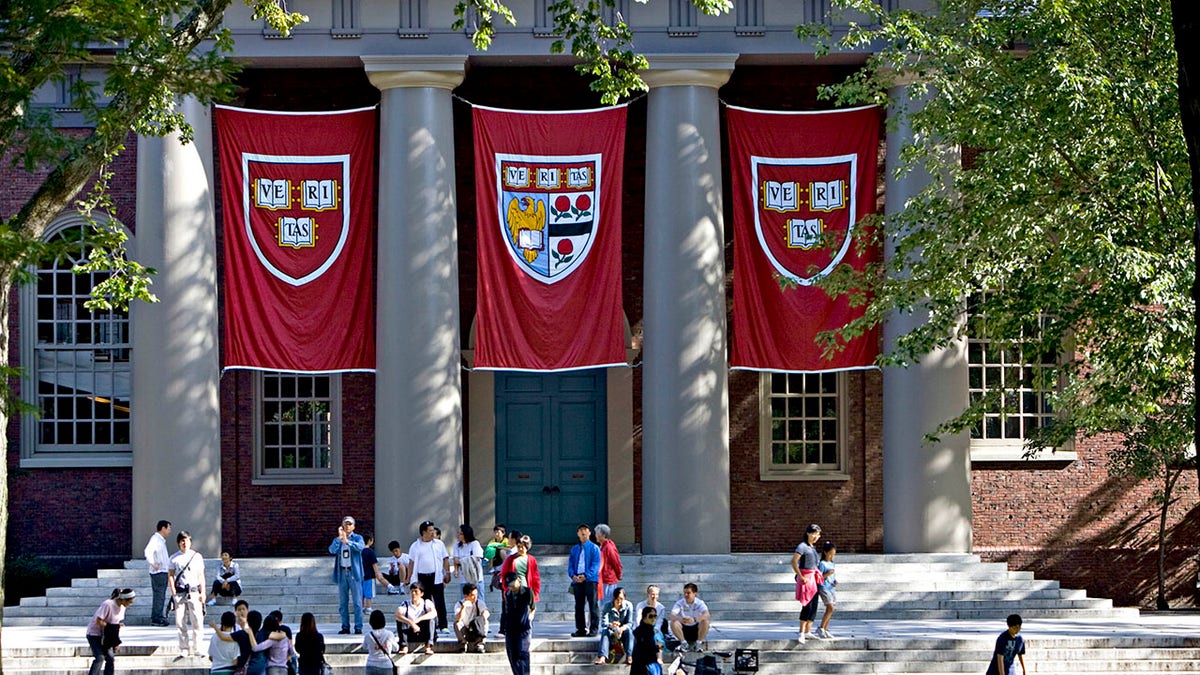Supreme Court temporarily reinstates schools' 'woke' admissions policy
Fairfax County, Virginia parent Asra Nomani slams the school district's 'woke' admissions policy that focuses on race instead of achievement.
The University of North Carolina at Chapel Hill's fight to keep the racial and ethnic components of its admissions review process has reached the Supreme Court.
"It is making what could be the last stand for affirmative action in public university admissions," education reporter Nick Anderson wrote in The Washington Post on Sunday.
The High Court's conservative majority has the admissions policy's supporters nervous, believing the justices will side with the plaintiff, nonprofit group Students for Fair Admissions, in declaring the existing policy as unconstitutional, and members of the institution are already speaking out in its defense.
"We are standing behind our holistic admissions process," UNC's chancellor Kevin M. Guskiewicz said in a recent interview, according to The Post.

South Building on the campus of UNC-Chapel Hill. (iStock) (iStock)
"This case is really about us defending the values of this institution and that of hundreds of other universities across the country," he added.
The plaintiff organization filed an additional and perhaps more notorious lawsuit against Harvard University, citing similar complaints about race-conscious admissions criteria, claiming that such criteria jeopardizes the chances of White and Asian-American applicants in favor of their African-American and Hispanic-American peers.
"These practices, the plaintiff alleges, amount to ‘basic and blatant’ violations of civil rights law," Anderson wrote, noting that both institutions deny the allegations against their procedures.

Harvard banners hang outside Memorial Church on the Harvard University campus in Cambridge, Massachusetts, U.S., on Friday, Sept. 4, 2009. (Photo by Michael Fein/Bloomberg via Getty Images)
UNC maintains that its admission policy does not ruse race or ethnicity as a "defining feature," adding that the university only uses that information if the applicant chooses to share.
"All our students earn their place at Carolina. Consistent with the law, we consider everything students want to tell us about who they are when they apply," the university's webpage dedicated to the case reads.
"Our holistic approach to undergraduate admissions evaluates each student individually based on dozens of factors, including academic performance, class rank, essays, experiences and potential to contribute to the educational environment. Other considerations include geography, military status and socioeconomic background."
These lawsuits bear the potential to alter the course of admissions reviews for two distinct collegiate categories, meaning Students for Fair Admissions covered their bases on the issue.
UNC's status as a public university could have implications for other public institutions across the nation who adhere to similar procedures.
Harvard and other private institutions could share a similar fate that hinges on the Supreme Court's ruling.
Julia S. Clark, a senior majoring in political science and African, African American and diaspora studies at UNC, maintains that race should remain an element in the college admissions process at her school.
"We need to have race be a factor in our admissions system because race is a factor in people’s everyday lives," Clark said in the student union last month, according to Anderson.
"Race is a factor in my life all the time," she said. "There is never a time when race is not a factor for me."
Both institutions previously won cases in federal trial courts after lawsuits were filed in 2014.
CLICK HERE TO GET THE FOX NEWS APP
Supreme Court Justice Ketanji Brown-Jackson noted she will recuse herself from the Harvard case since she recently served on the university's Board of Overseers, the Harvard Crimson reported.












































